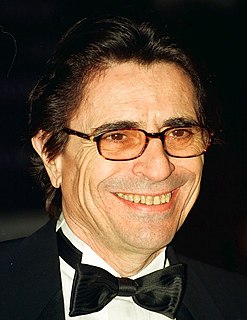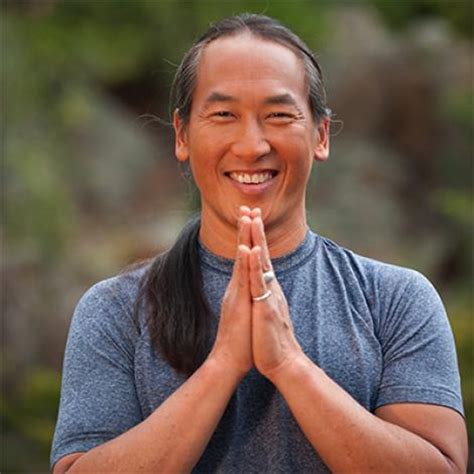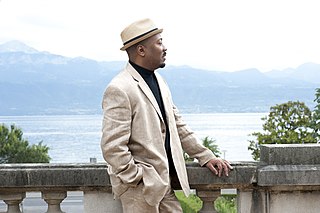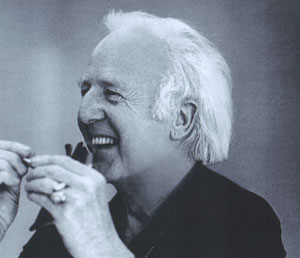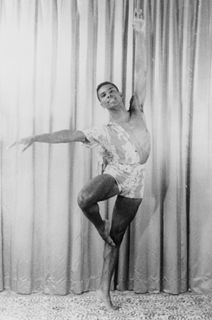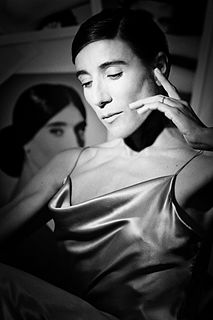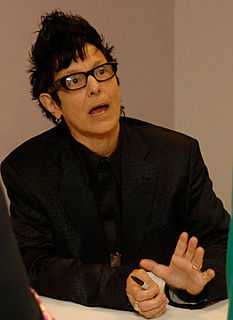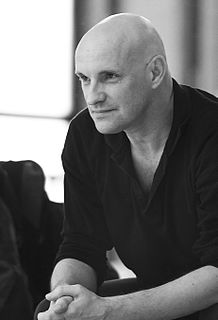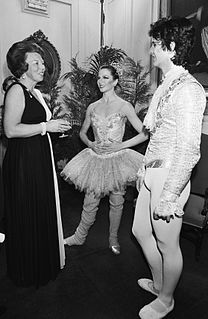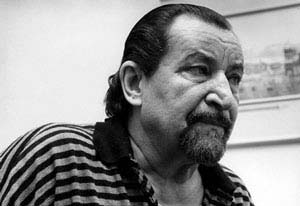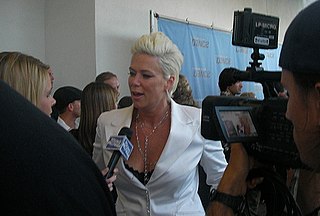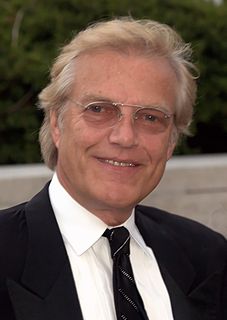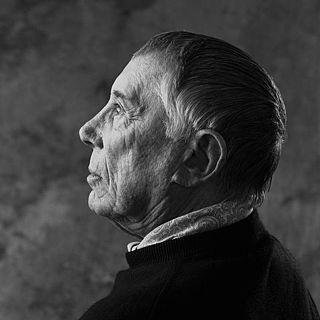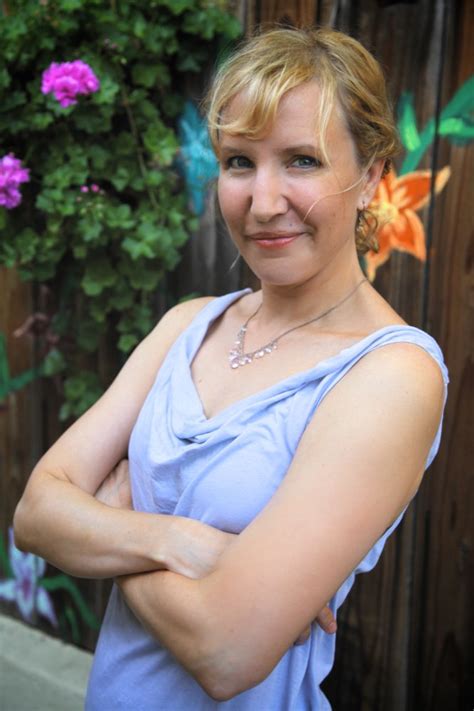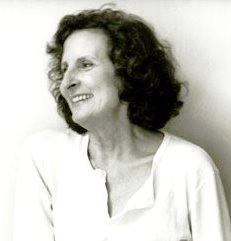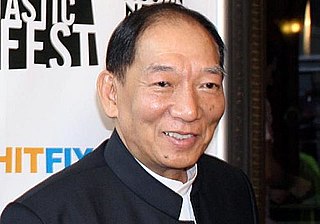A Quote by Edward Villella
What's so wonderful about ballet is that it's mind-driven physicality. It's almost a Greek ideal of body, mind, and form.
Related Quotes
Being a former dancer, classical dancer, it informed me as a human being just in terms of the grace I guess. Ballet is a very graceful form of art. You also become very aware of your body and your mind and your body is working in conjunction. That kind of helps you in acting as well. It's not only using your mind, it's like making your mind communicate this character into your body so that you can bring it to life and physicalize it.
I have been curious about the mind and body for as long as I can remember. I was a gymnast, a ballet dancer, and a philosophy and physical therapy major. Following the thread of curiosity about mind and body, I took my first yoga class in 1980 and knew from the start that it would be a lifelong passion.
When you train as a dancer, you understand you have to work exceptionally hard. I think dancers are the hardest - working people in show business. You have to push your body beyond where you thought it could go. It's athleticism. Perfection doesn't exist, but with classical ballet, there is an ideal, and I got obsessed with that ideal. In some ways, it was problematic because I don't have an ideal ballet body, but the discipline is what I carry with me to this day. That's my park, the discipline of dancing.
By means of personal experimentation and observation, we can discover certain simple and universal truths. The mind moves the body, and the body follows the mind. Logically then, negative thought patterns harm not only the mind but also the body. What we actually do builds up to affect the subconscious mind and in turn affects the conscious mind and all reactions.
The body, the mind, and the spirit don't form a pyramid, they form a circle. Each of them runs into the other two. The body isn't below the mind and the spirit; from the point of view it's between them. if you reside too much in the mind, then you get too abstract and cut off from the world. You long for the spiritual life, but you can't get to it, and you fall into despair. The exercise of the senses frees you from abstraction and opens the way to transcendence.
The mind commands the body, and it obeys forthwith; the mind commands itself, and is resisted. The mind commands the hand to be moved, and such readiness is there that the command is scarce to be distinguished from the obedience. Yet the mind is mind, and the hand is body. The mind commands the mind to will, and yet, though it be itself, it obeyeth not. Whence this monstrous thing? and why is it?
The mind commands the body and is instantly obeyed. The mind commands itself and meets resistance. The mind commands the hand to move, and it so easy that one hardly distinguishes the order from its execution. Yet mind is mind and hand is body. The mind orders the mind to will. The recipient of the order is itself, yet it does not perform it.
The Buddha is your real body, your original mind. This mind has no form or characteristics, no cause or effect, no tendons or bones. It's like space. You can't hold it. It's not the mind of materialists or nihilists. If you don't see your own miraculously aware nature, you'll never find a Buddha, even if you break your body into atoms.
